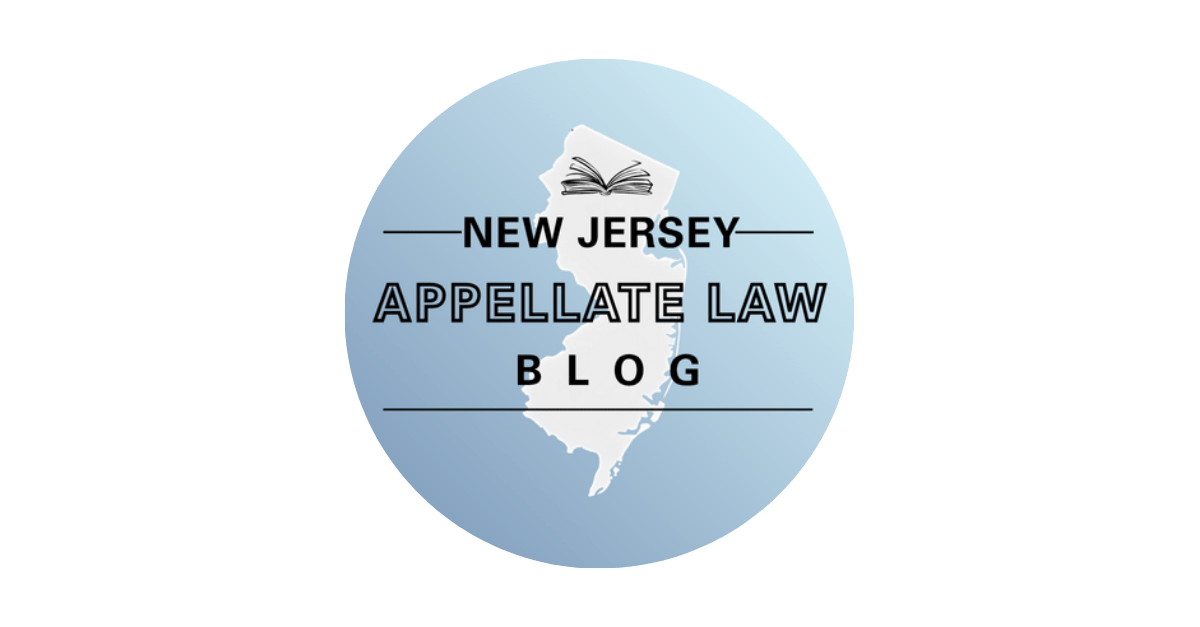State of New Jersey in the Interest of N.P., 453 N.J. Super. 480 (App. Div. 2018). This decision by Judge Messano addresses four appeals involving seven different juveniles. The broad issue presented was “whether a juvenile complaint charging a crime or repetitive disorderly persons offense may be diverted without the prosecutor’s consent.” Judge Messano carefully analyzed the applicable statutory and court rule sources of relevant law, and concluded that disorderly persons charges may be diverted but charges of crime cannot be diverted.
For appellate practitioners, the opinion discusses two appellate rules that are not often the subject of published opinions. First, the Family Part judge from whose decisions these appeals were taken had provided a “comprehensive, supplementary written statement of reasons,” as Rule 2:5-6(c) permits, after the State sought leave to appeal. Judge Messano stated that the panel “greatly appreciate[d]” that.
But the opinion went on to clarify the purpose of such a supplementary statement of reasons. The Family Part judge had, in the course of her supplementary reasons, urged that leave to appeal be denied. Judge Messano observed, however, that Rule 2:5-6(c) “permits the judge to ‘comment on whether the motion for leave to appeal should be granted on the ground, among others, that a controlling question of law not theretofore addressed by an appellate court of this state is involved, and that the grant of leave to appeal may materially advance the ultimate resolution of the matter” (emphasis by Judge Messano). Judge Messano clarified that “[t]he rule is designed to permit the trial judge to alert us to an issue that would benefit from our early intervention, not argue against our involvement. Any reasons for staying our hand would presumably be apparent from the statement of reasons supporting the order.” That is more of a lesson for trial level judges than for counsel, but a useful lesson nonetheless.
Judge Messano also discussed the effect of two other rules, Rules 2:5-6(a) and 2:9-1(a). The Family Part judge believed that she had jurisdiction over an April 2017 complaint against N.P., as to which the State had sought leave to appeal. The judge cited Rule 2:5-6(a), which says that “[t]he filing of a motion for leave to appeal shall not stay the proceedings in the trial court,” absent a stay granted after a motion to the trial court or, if denied there, by the Appellate Division. The Family Part noted that no stay had been entered. But Judge Messano pointed out that the State’s motion for leave to appeal had been granted, which, under Rul3 2:9-1(a), divested the Family Part of jurisdiction. The difference, of course, was between a matter where leave to appeal has merely been sought, as to which a trial level court retains power to act, and one where leave has been granted, which transfers jurisdiction to the Appellate Division.

